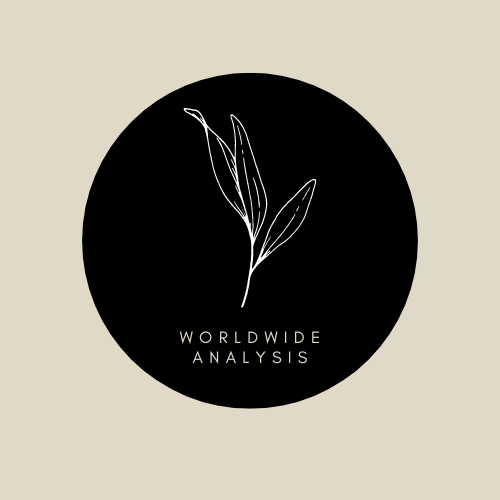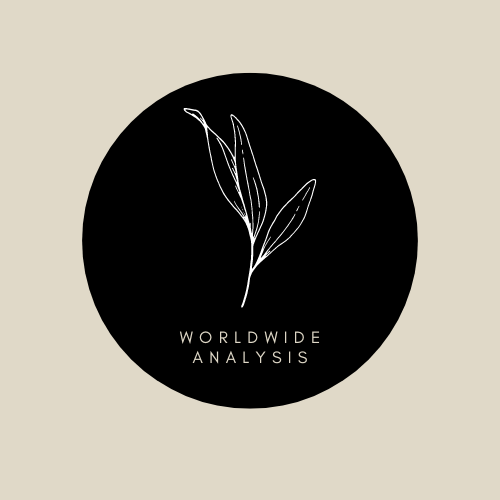The district cooling market has garnered USD 26,894 million in 2022, and it is projected to rise at the rate of 7.9% from 2023 to 2030, to capture USD 45,836 million by 2030, as per the report by market research company, P&S Intelligence.
This growth can be ascribed to the quick urbanization, increasing populace, increasing expenditure in infrastructure growth, and then the increasing temperatures in several geographic regions.
The increasing global warming levels throughout the world are leading to quick changes in the environmental settings of several regions. There are regions including Africa and the Middle East that are quite prone to fluctuations in climatical conditions and are facing severe conditions, including arid conditions, drought, and heat waves, which impact the water and food supply.
As per an international agency, there were around more than 2 billion air conditioning units functioning globally in the past year and cooling systems and conventional air conditioning have a substantial contribution to the increasing global warming situation.
They not only want and consume high quantities of electricity but also produce loads of greenhouse gases that are worsening the overall environmental circumstances making it more complex for living beings to live.
On the basis of application, the District Cooling Market is segmented into industrial, residential, and commercial. Similarly, the commercial category includes spaces or buildings utilized for several purposes like schools, offices hospitals, and retail outlets.
The commercial category had the largest market share in the past few years. This can be credited to the snowballing knowledge regarding climatic conditions, fast infrastructural growths, and sustainability objectives of numerous businesses to decrease their carbon footprint.
In the past few years, the MEA industry held the largest market revenue share and is projected to develop at a CAGR of 8.2% in the years to come. It is a region considered as hot and dry weather conditions a boiling climate, and temperatures going above 50° C in some nations.
The heated conditions become intolerable, particularly in the summer season; thus, to live easily, individuals adopt mechanical and artificial systems to regulate the temperature in their housing as well as commercial spaces.
To attain climate goals and also to decrease pollution in order to advance air quality, initiatives like District Energy in cities have been launched. Such systems would allow individuals to have a permit to cleanse and more reasonable power along with better air quality to breathe in.
Hence, the rapid urbanization, increasing populace, increasing expenditure in infrastructure growth, and then the increasing temperatures in several geographic regions, such factors are contributing to the growth of the district cooling industry.



